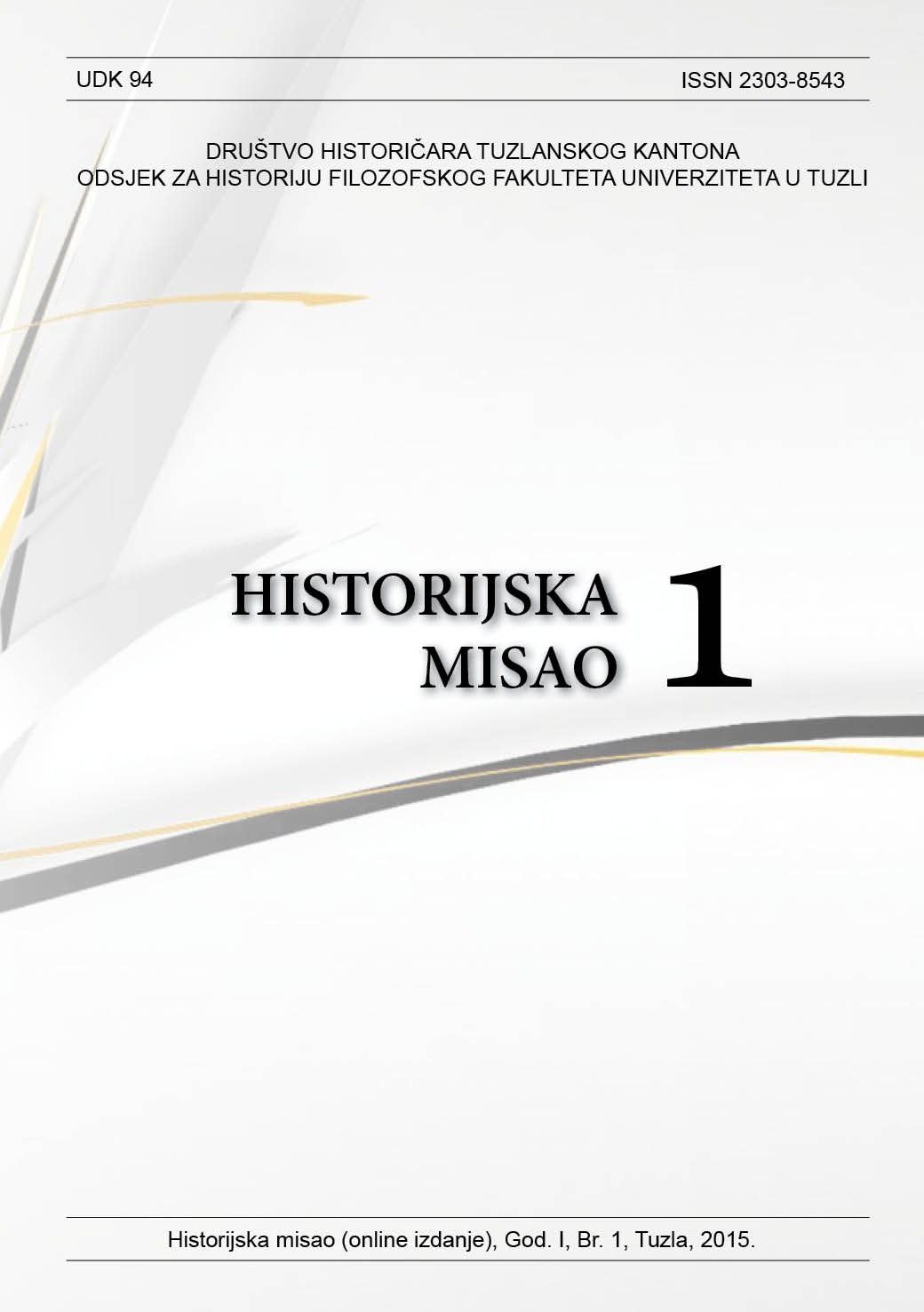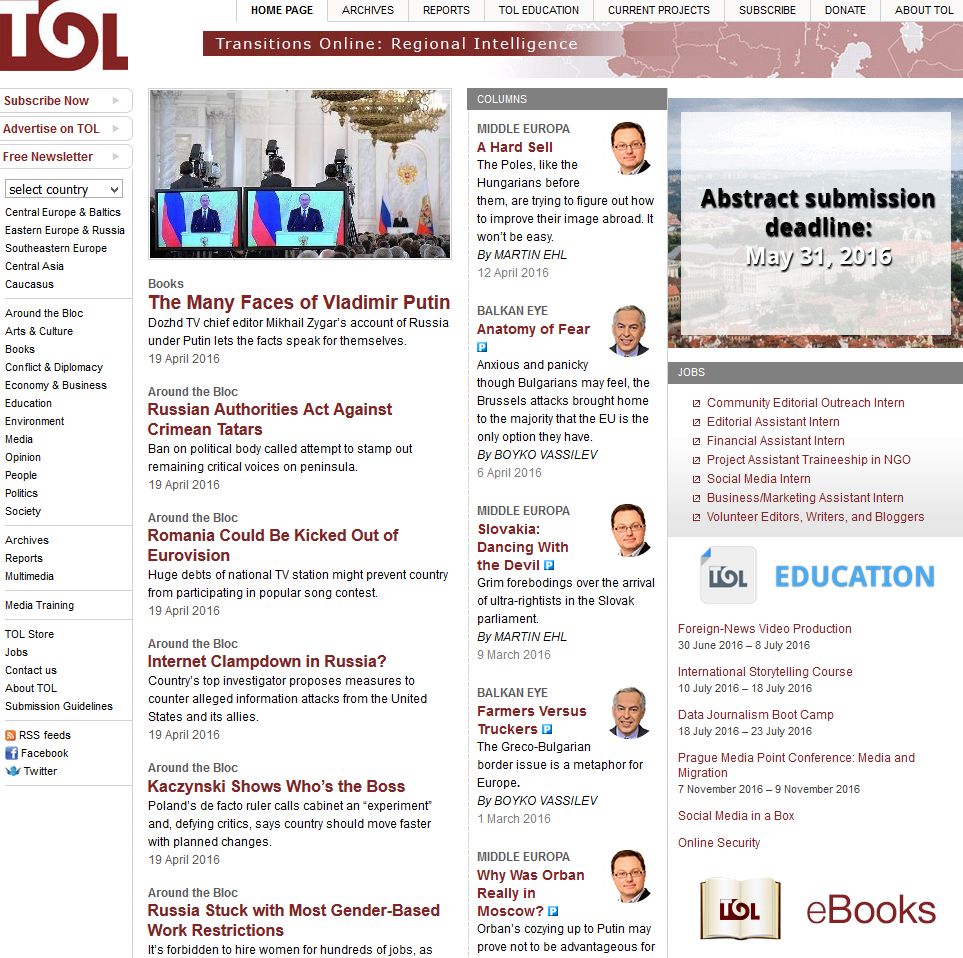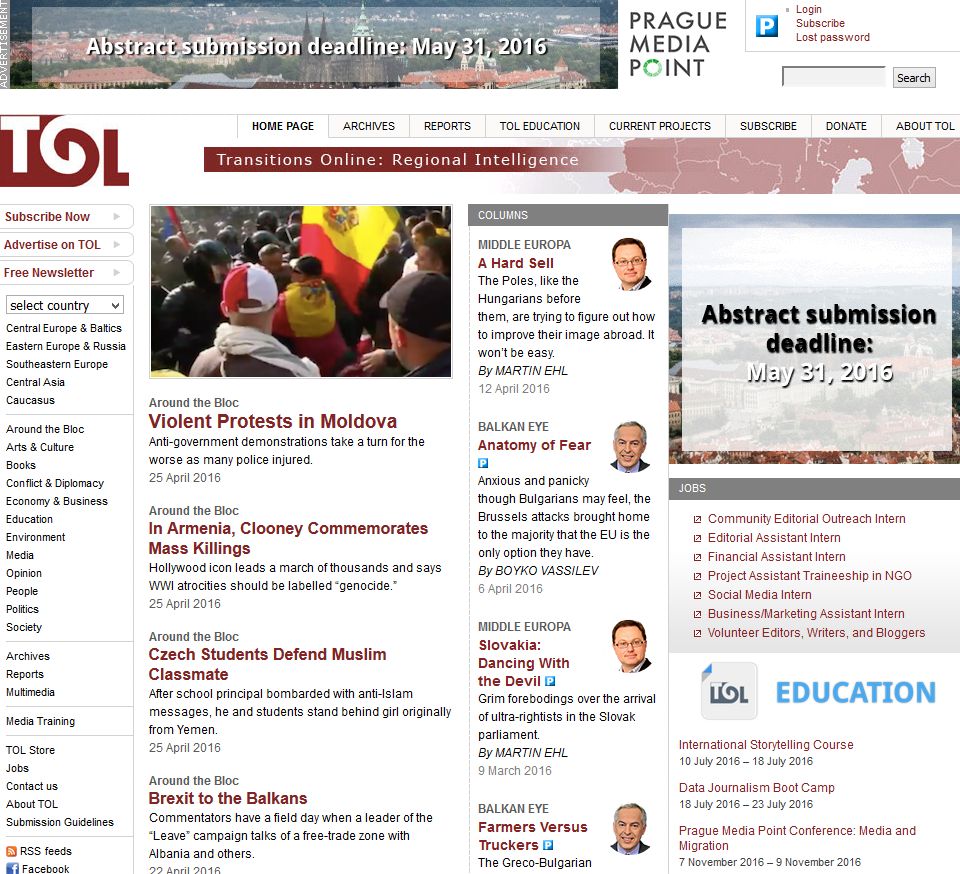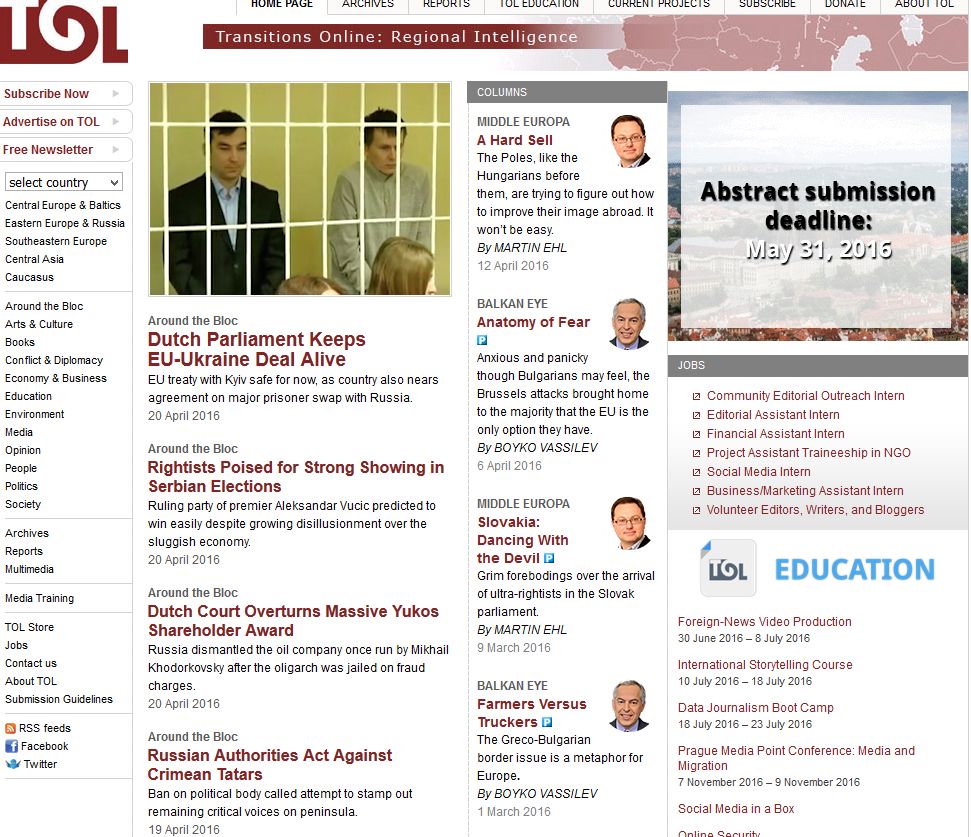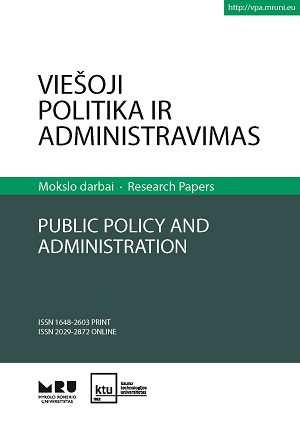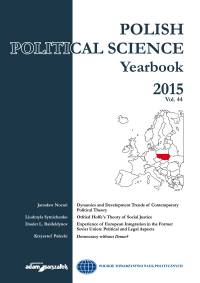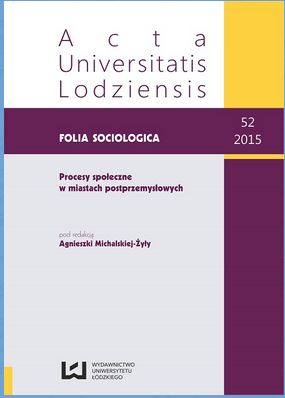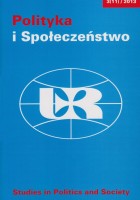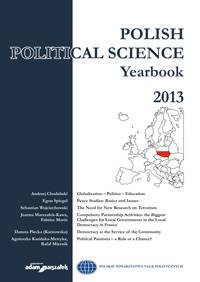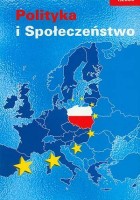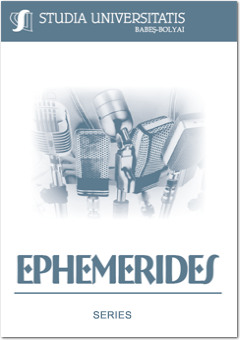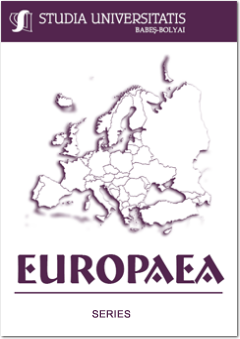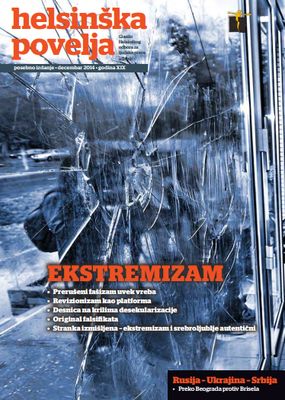Author(s): Bronisław Pasierb / Language(s): Polish
Issue: 01/2004
What is related to Podolia, concerns me personally. The period of the II WW was tragic to the generation born in the Eastern Borderlands. As “colonists” we found our-selves in the first group of victims to Stalin’s repressions. The Siberian misery became the share of many thousands of Poles not only the ones from Podolia. The fate of those that were left behind was on the other hand not much better. It is the subject studied by both Polish and Ukrainian historians. It is worth reaching for the works of the latter as they are interesting and interestingly done essays. In Tarnopol, centred around the person of S. Tkaczow, there gathered a circle of scholars such as Oleg Hajdaj, Bohdan Chawariwskij, Wołodymyr Chanas and others who undertake important but difficult issues related to the past of Podolia, the fate of its inhabitants, Polish-Ukrainian rela-tions in the 1940s. On many issues we differ, which should not be surprising. For in-stance on legal issues related to the fate of the lands. For us, during the II WW Podolia was part of our statehood, our “little homeland”. For Ukrainians, in turn, our legal claims to Podolia were ended in 1939 the moment the Red Army stepped in. Our na-tional aspirations differed as well. Poles in Podolia wanted the restoration of their state in the borders from before 1939. Ukrainians in turn wanted to create their own state including Podolia as an ethnically Ukrainian land. Our aspirations were decided upon without our participation, in the cabinets of the great politics in Moscow–Washington and London. All this has made our mutual relationships complex. How is a true picture of the tug of war “concerning the common land, the com-mon heritage” to be presented? How are the efforts of both sides, implementing the opposite aspirations to be sketched fairly? How can one truthfully reflect on the Polish partisanship in Podolia? Can we agree with the view of the Ukrainian side which evaluates AK (The [Polish] Home Army) as a “nationalist” force? In the memory of Polish residents in Podolia, activities of the Organization of Ukrainian Nationalists and their military units acting under the aegis of the Ukrainian Uprising Army, (UPA) were in turn tragically recorded. They are accused of the most serious crimes. These are only a few of the questions related to our past dramatic fate, to which answers are not easily found. The works of the Tarnopol historians deserve a presentation owing to the fact that they undertake these difficult questions. Their studies are based on many sources which so far are basically unknown to Polish historians and little explored. They introduce to the scientific circulation ever new and interesting archival materials which come from Ukrainian and “post-Soviet” collections, from various institutions and organizations, including also the ones of the special services. The authors present the data in an inter-esting manner. It is clear that they are dedicated to the principle of reliability in docu-mentation. Their statements are even-minded and balanced, resulting from the con-frontation of the many sources. They are parsimonious in formulating their own com-ments. The reader is taken by factographic material, which is clear and understan- dable, while being concrete, adequately selected and rooted in the reality of the period. To the Polish reader, it may, at times, seem shocking. The remarks may concern all of the works of the Tarnopol historians mentioned above. However, the latest work by S. Tkaczow deserves a special attention. He presents in it the fate of the Polish popula-tion of Podolia which was forced to leave their home countryside. The author looked on the event in the context of the situational pressure constituted by agitation, threats, persecutions by both the “Soviet authorities” and the nationalist Ukrainian movement, which made the Polish population decide to leave. The author looked on the tragedy of the people from the perspective of the so called ordinary man. So far the analyses of our relations were conducted from the perspective of class, national or ideological interests. The author gives up the perspective. He looks for a “new history” and tries to write it down. In the diligently searched archives, he looks for facts illustrating the fate of concrete individuals. It is particularly time-consuming for the reason that they were often tragic fates. Additionally, so far they remained anonymous in most cases, both as far as the victims and the persecutors are concerned. Tkaczow calls “a spade a spade”. Especially while documenting the crimes committed against the population of Podolia in the final stage of the II WW, most particularly during the relocation. The author is inquisitive, he suggests that in each of the cases one should learn in detail who was killed by whom, which idea he served and for which idea he died. And this is by no means the only leitmotif of the ruminations. The author presented other issues as well, for instance the case of the so called Istriebitlenych Batalionow and the role Poles played in them. In a similarly interesting manner Tkaczow describes the policy of the new authorities toward the Catholic Church and the system of education. In sum, one may justifyingly state that the authorities used all of the available means of pressure, or even psychic terror, to accelerate the emigration of Poles from Podolia. The suffering of the émigrés accompanied them throughout the event. The author diligently and frankly describes it, not hiding weaknesses at each of its stages. The picture, which emerges from the description, is sad and striking at the same time. Waiting for transportation was the main problem of the migrating people. Other persecutions added to it as well, such as attempts to deprive them of their property using the excuse of unpaid taxes or the farm produce quota that were not completed. From the analysis there emerges a series of inconvenience, slackness, systematic shortages of everything. Much space is also devoted to quantitative analyses of the event. It affected as many as 74 467 fami-lies from Podolia solely, which amounts to 233 617 people. I pointed out to some of the parts of the work, which introduce to the history of Podolia new facts and statements concerning the difficult process of the relocation of Poles in the years of 1944–1946. It is a reliable description, approaching the complex phenomena in a frank manner. One may look forward with a great interest to further works by the Tarnopol historians, which undertake the subject of our common history.
More...
